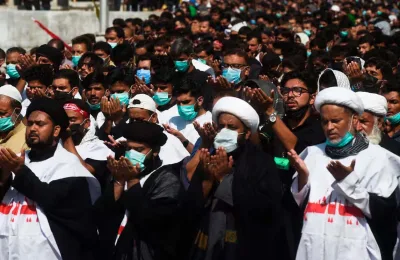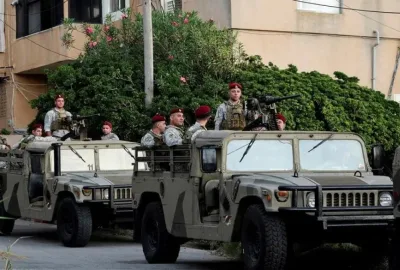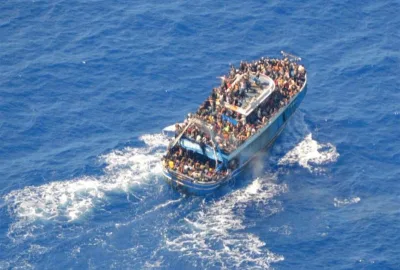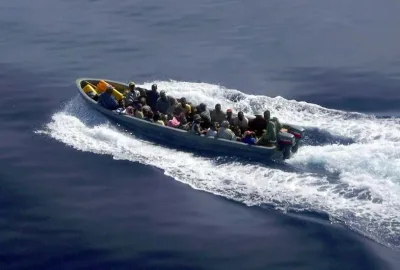Europe’s highest court told British authorities they can’t rely on a Somali man’s family and clan…
Europe’s highest court told British authorities they can’t rely on a Somali man’s family and clan giving him the kind of protection from persecution he needs if they send him back to Somalia.
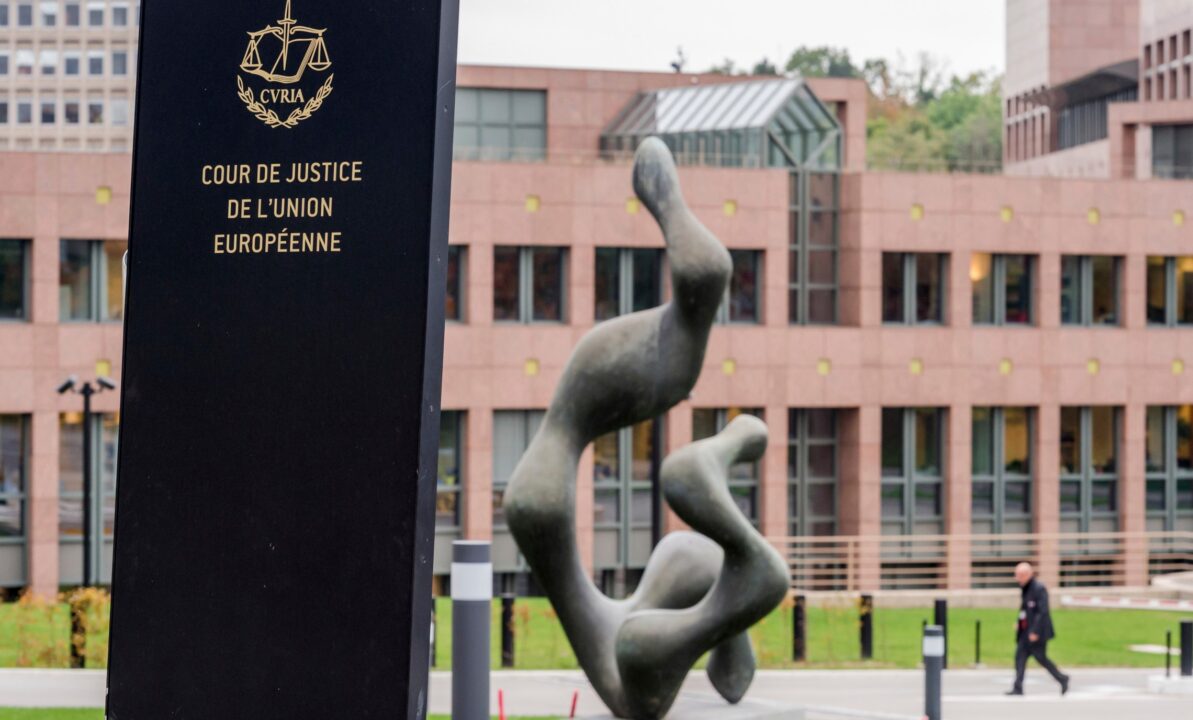
In a case where British authorities wanted to deport a Somali refugee convicted of burglary, Europe’s highest court on Wednesday did not stand in the way of sending him back to Somalia but said he should only be returned if he is safe from persecution.
The European Court of Justice ruling came in the case of a Somali man in his mid-50s convicted in 2012 of burglary and blackmail by an English court near London. In court documents, he was identified only by his initials, O.A.
He was given refugee status in 2003 after he arrived in the United Kingdom, where he joined his Somali wife, and said he was a member of the persecuted minority Reer Hamar clan in Somalia, which suffered a civil war between its clans in the 1990s.
The main issue before the Court of Justice, the European Union’s highest court, was whether Britain can revoke his refugee status based on the likelihood that he would receive support from family and friends once he returned to Somalia.
In 2014, Britain’s Home Office argued that Somalia had become safe for his return. British authorities also cited his criminal conviction and inconsistent statements he’d made about his life and alleged persecution in Somalia as reasons for sending him back to Mogadishu, Somalia’s capital.
British authorities bolstered their case for removing O.A. by arguing he could expect to receive help from family members and clan members both inside and outside Somalia. Since the 1990s, Somalia has been ravaged by civil war, terrorism, famine and natural disasters though its domestic situation has improved.
All of this has left about 2.1 million people inside Somalia displaced and about 900,000 Somalis as refugees in neighboring countries in the Horn of Africa, according to United Nations data. In the EU, thousands of Somalis also are living as refugees. Data from Eurostat, the EU’s statistics agency, shows that more than 45,100 Somalis requested asylum in EU nations between 2016 and 2020 and that nearly 9,000 had their claims approved.
In its ruling, the EU court said international and EU laws dictate that a refugee’s status can only be removed when that person doesn’t face persecution in his or her homeland. Under EU law, the court said governments and not family, friends and clans need to be the guarantors of that level of protection.
“Mere social and financial support,” the ruling said, “is inherently incapable of either preventing acts of persecution or of detecting, prosecuting and punishing such acts.”
Thus, the court added, family and clan help “cannot be regarded as providing the protection” that is required by EU law as a condition for removing someone’s refugee status.
Nonetheless, the court stopped short of saying whether it thought Somalia can now be considered a sufficiently safe country for refugees of the Reer Hamar clan. It said the British courts need to make that determination.
Even though the U.K. left the EU on Jan. 1 and is no longer bound by the Luxembourg court, British courts will have to abide by the EU court’s ruling in this case because it was heard while the U.K. was still an EU member, an EU court official said in an email. Naturally, Wednesday’s ruling also will apply to other similar cases that may arise anywhere in the EU.
In 2019, a British appellate court asked the European court for a preliminary ruling on the question of whether family support can be considered as a safeguard in removing someone’s refugee status.


